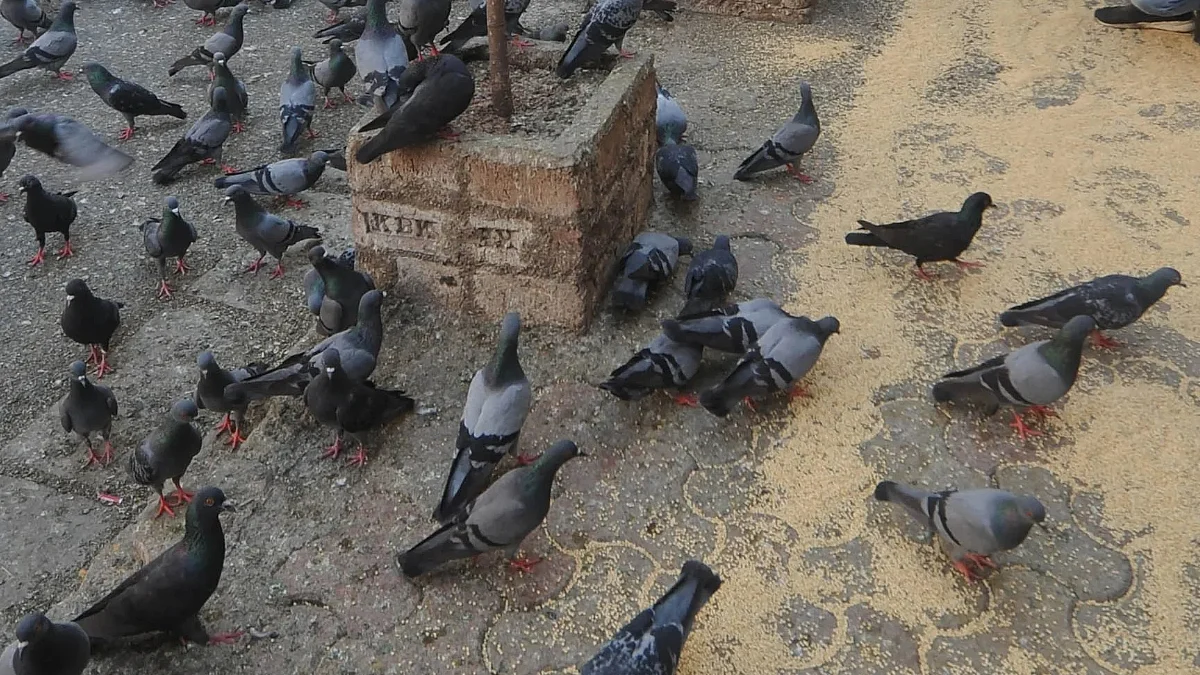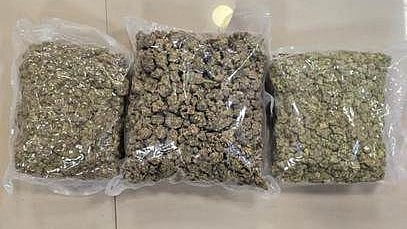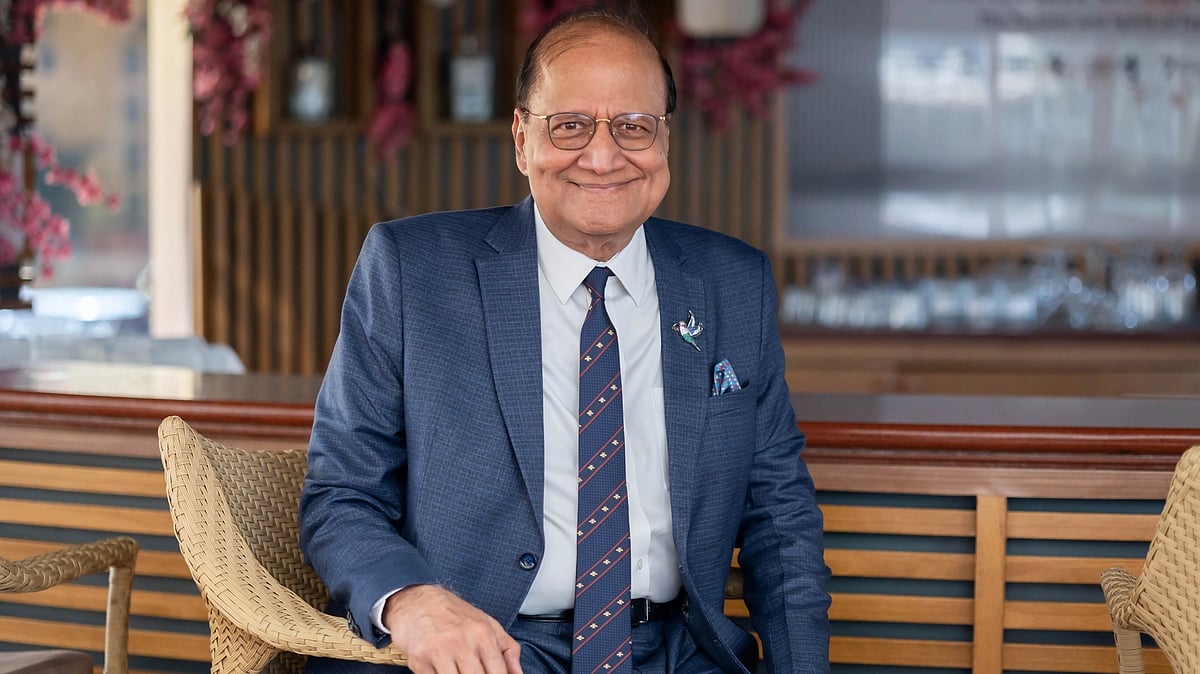State-owned Energy Efficiency Services Ltd (EESL) is looking to tie up with central and state agencies across the country with an aim to maximise the adoption of energy efficient products and services in India.
The company has opened registrations for the empanelment of demand aggregators for Channel Partners Programme Phase II under which it will collaborate with central and state agencies in designing, implementing, and maintaining their energy efficiency projects.
The registration process will be open till May 31, 2022 and the successful empanelled parties will be announced on July 1, 2022.
With Channel Partners Programme Phase II, EESL is looking to increase the uptake of its energy efficient appliances like LED tubelights, bulbs, BLDC fans, super-efficient ACs and chillers, among others.
The programme will provide various growth opportunities to both EESL and its channel partners.
Through this initiative, EESL will benefit from an extensive sales network, which will enhance the reach and proliferation of energy efficient products and services.
The partners, on the other hand, will be able to leverage EESL’s credible market presence and high-quality solutions. With the phase II of this programme, EESL aims to increase its turnover from energy efficient appliances to Rs 100 crore in next one year.
''Through the improvised second phase of our Channel Partners Programme, we seek to further stimulate our various initiatives, by involving the private players in our energy efficiency journey,'' Animesh Mishra, Head - Sales and PR, EESL said in the statement.
Through its schemes like Streetlighting National Programme (SLNP), Unnat Jyoti by Affordable LEDs for All (UJALA), Super-Efficient Air Conditioner Programme and Building Energy Efficiency Programme, EESL has actively worked towards enabling a low carbon future with significant economic and social impact.
The organization aims to introduce a wide array of new energy efficient appliances in the future that can help in mainstreaming energy efficiency in India.
(With inputs from PTI)




.webp)




